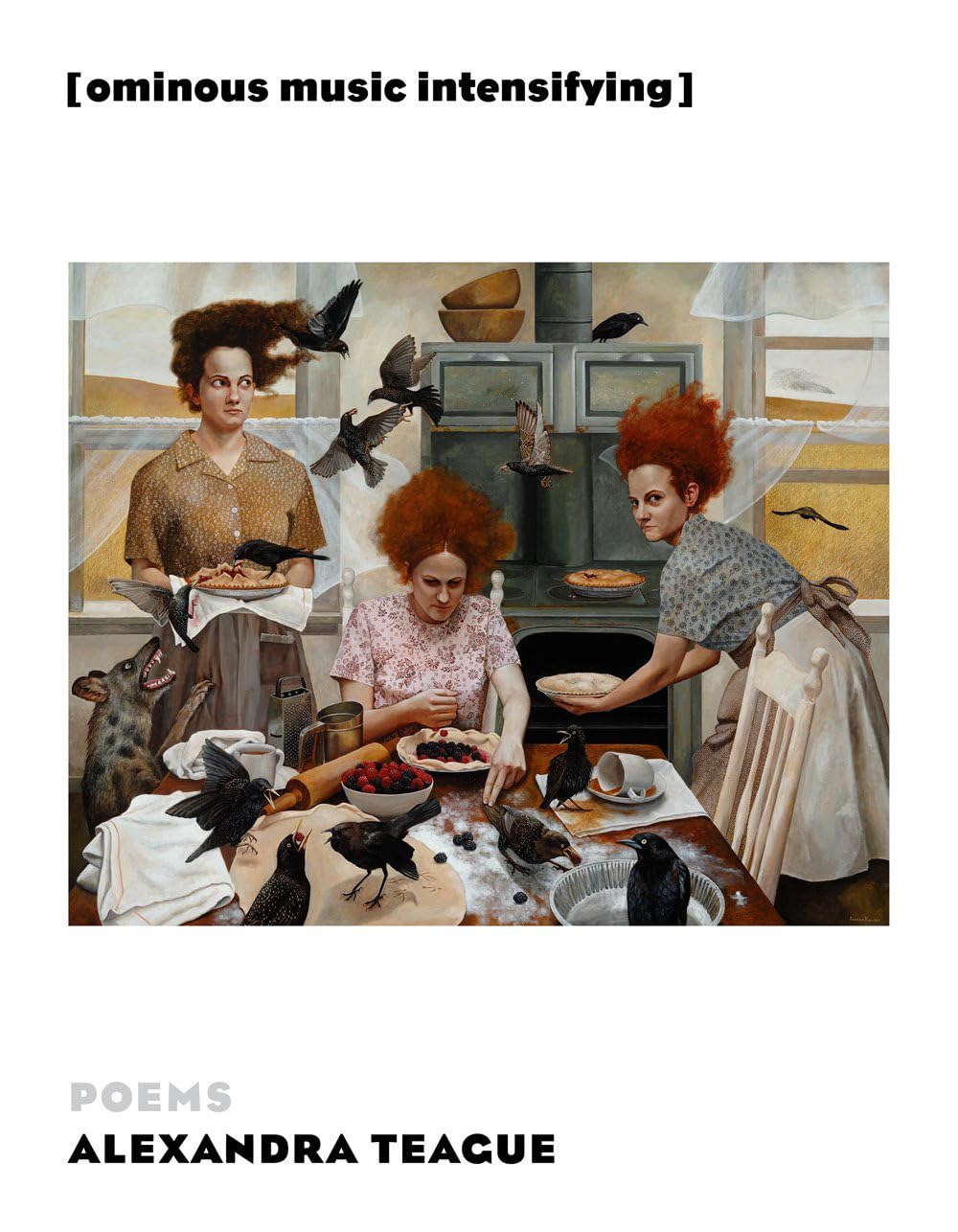Outsiders looking in can make for a compelling read, and that’s exactly what we’ve been reading this month. March’s recommendations examine characters isolated on the outskirts; a man estranged from his Tennessee community, a mother kept in solitude, and a whistleblower ostracized by his former colleagues. It’s not all happy ending, but it’s all worth a read.
Recommended:
Child of God by Cormac McCarthy, August Snow by Stephen Mack Jones, and The Testament of Mary by Colm Tóibín.

Child of God by Cormac McCarthy, recommended by Sunna Juhn (Editorial Assistant)
I read The Road over winter break and it devastated me. As the next natural course of action – wanting more of the bone-aching spareness of McCarthy’s writing, and maybe more tears – I sought his other books and found Child of God, one of his earlier works, at the school library.
It’s the story of Les Ballard, a man who is estranged but not feared by his community in the Tennessee mountains. He isn’t feared in the beginning, at least – as the story progresses, so too does Ballard’s isolation from society and his descent into depravity. At the climax of the story, Ballard, in a women’s dress and wig that have both been rather grotesquely acquired, no longer resembles a human being; instead, he seems to have become a woodland monster that is merely parading as one.
I went into this book blind, by which I mean I chose not to read the summary on the inner flap, and I still can’t decide if I wish I had known what I was getting myself into before I began. But despite the unsettling shock content, the book shines: McCarthy’s writing is undeniably beautiful. His descriptions of the Tennessee wilderness across seasons are particularly breathtaking, as are those of the mundane details of everyday life: one of my favorite passages was about a steaming cup of coffee sitting on the kitchen table. I read and reread these simple unfrilly sentences in unending amazement of how so little could say so much. Cormac McCarthy is one of few writers whose mastery of words could have made me inclined to look beyond the disturbing plot points those words described; indeed, he is one of few writers who could depict man’s fall from dignity, from humanity, – from God – with such grace.

August Snow by Stephen Mack Jones, recommended by Kelly Fordon (Book Reviewer)
Elmore Leonard once said, “There are cities that get by on their good looks. Detroit has to work for a living.” The Detroit of Stephen Mack Jones’ debut novel, August Snow is hard-working, but endearing. It almost upstages the protagonist, August Snow, an ex-cop turned whistleblower, who has returned from a year-long vacation after bringing down a corrupt mayor.
Now that he’s back in town and newly rich from his $1 million settlement, Snow is done with police work. His ex-colleagues see him as “a Judas to the apostles in blue.” As he says, “nobody like a rat.” He can feel “eyes on me in the grocery stores and restaurants, the unrelenting judgment…” Soon, however, a case lures him back.
Rich, well-preserved Eleanor Paget is found dead in her Grosse Pointe mansion. Years before, Snow was lead investigator on the murder/suicide involving Paget’s embezzling husband and a teen prostitute. Snow knows the Pagets better than anyone, so the Police Department needs his help. Enter the hard-talking cops, FBI agents, and an engaging retinue of minor characters.
Jones’ descriptions of metro Detroit are spot-on. He nails the rift between wealthy Grosse Pointe and beleaguered Detroit: “Berlin wasn’t the only city to have been divided by a wall.” Of Mexicantown, he says: Freight trucks cut through streets where children play. The new crime-thwarting LED street lamps are “mostly ineffectual.” The Detroit in Jones’ novel is filled with “angry and fearsome ghosts,” people who migrated to the city for Henry Ford’s “US Currency green” just as the “gringos” fled to avoid “well – everybody.”
Snow is a likeable guy. He buys and rehabs houses in Mexicantown, and his neighbors, ex-drug dealer Jimmy Radmon and the elderly duo, Carmela and Sylvia, are among the novel’s most entertaining characters. Jones could have toned down the cop-talk and the pithy asides, but this is a crime novel, so par for the course.
The Testament of Mary by Colm Tóibín, recommended by Emily Everett (Managing Editor)
Colm Tóibín’s novella is an intimate telling, from Mary herself, of the time after the crucifixion. Provided for but also isolated by two of her son’s disciples, she’s prodded for memories that will be made to fit into the version of events they’re writing. Though she doesn’t recall what they want her to, her memory is fiercely real: “I remember too much; I am like the air on a calm day as it holds itself still, letting nothing escape. As the world holds its breath, I keep memory in.” Tóibín’s Mary is shattered and still strong, as defiant as she is defeated and resigned.
Mary remembers the group of “misfits” that gathered itself around her son; she recalls the crucifixion in distracted detail, observing the man throwing dice below the crosses. But most powerful and haunting, for me, was her memory of Lazarus: a beautiful boy they had all loved in life. Raised from death for a spectacle, Lazarus’s first stirrings should be triumphant, but instead they horrify. He sobs and howls as he’s helped from the grave into his sisters’ house, and is feared by all for what he has seen in death. Mary observes him days later at the house of her cousin, where he sighs but does not speak.
“If he had come back to life it was merely to say a last farewell to it. He recognized none of us, barely appeared able to lift the glass of water to his lips as he was handed small pieces of soaked bread by his sisters… There was something supremely alone about him, and if indeed he had been dead for four days and come alive again, he was in possession of a knowledge that seemed to me to have unnerved him… It was knowledge he couldn’t share, perhaps because there were no words for it. How could there be words for it?”
Weighing in at less than 100 pages, The Testament of Mary packs a punch that earned it a spot on the Man Booker Prize shortlist. While audiobooks aren’t usually the best way to digest a story, this novella was originally performed as a one-woman stage show, and it truly comes to life in a reading by Meryl Streep. Tóibín’s testament is an intensely personal exploration of a figure seen mainly in symbolic or impersonal terms, reanimating a familiar story with detail and complexity.




